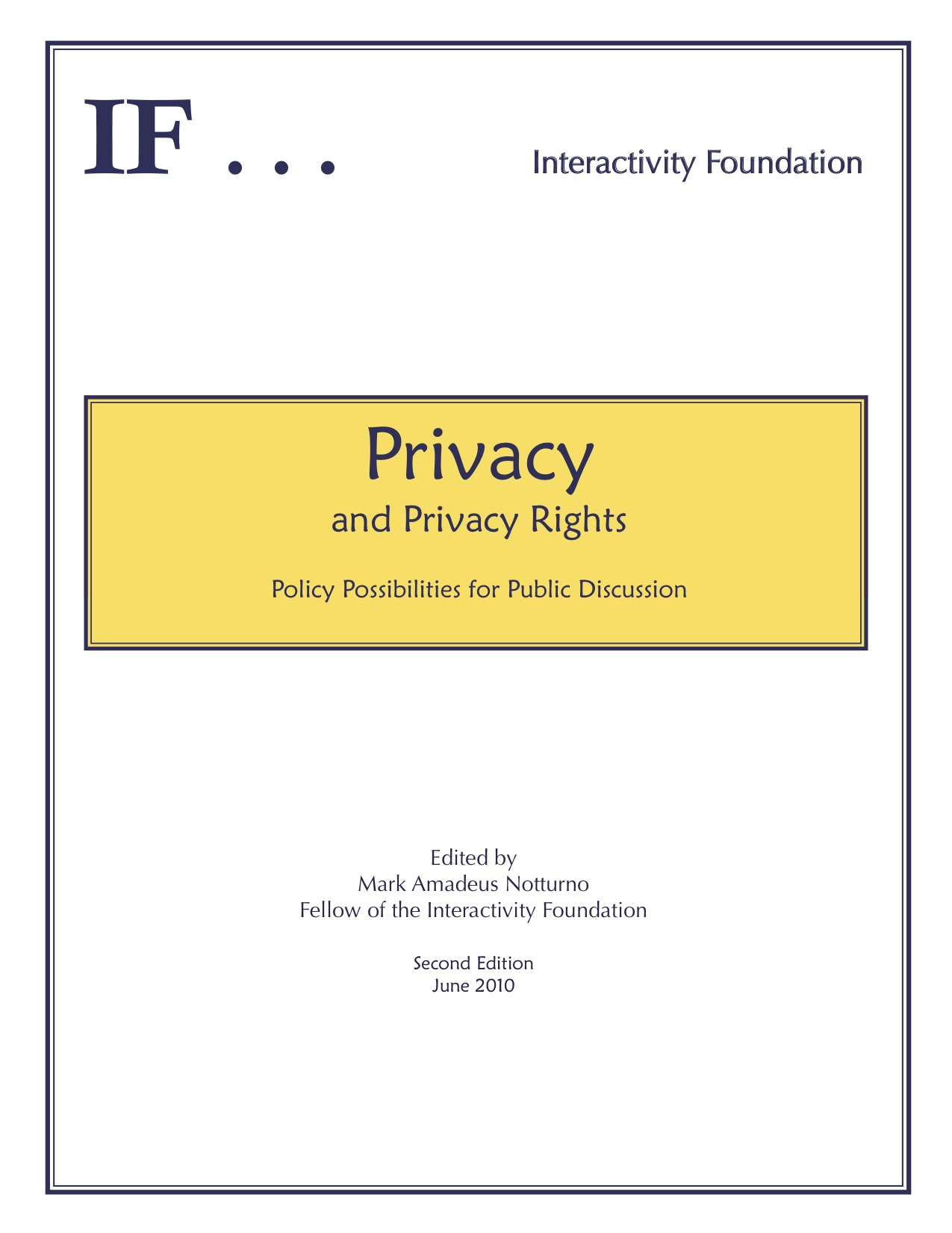Privacy & Privacy Rights

Many Americans regard privacy as a fundamental right even though the Constitution does not mention a right to privacy. And while the Supreme Court recognized such a right in 1965, its nature and boundaries are not very clear. Privacy and privacy rights have long been an area of concern in our society and developments in our electronic information technologies have increased our concerns. These concerns raise difficult questions regarding privacy and the trade-offs that an open society might be willing to make to protect itself. For example, what does it mean for something to be “private”? Where, for what, and from whom should we be able to expect privacy? What does it mean to have a right to privacy? And how should we distribute the burden of protecting our privacy among individuals, institutions, and governments?

privacy by tua ulamac on Flickr / CC BY-NC-SA
This discussion guide describes nine contrasting policy possibilities to address these concerns, as well as some of the actions that might be taken to implement them, and some of the possible effects on individuals, institutions, and society at large.
The nine contrasting policy possibilities in this discussion guide:
- Privacy Restrictions on Government’s Collection and Use of Personal Information
- Privacy as Contingent Upon Place and Activity
- Public and Private Individuals and Institutions
- Privacy Rights as Protection of Basic Liberties
- Privacy as Property
- Privacy as a Fundamental Right
- Privacy as Subordinate to National Security
- Privacy as a Lost Ideal
- Privacy as a Social Norm.


